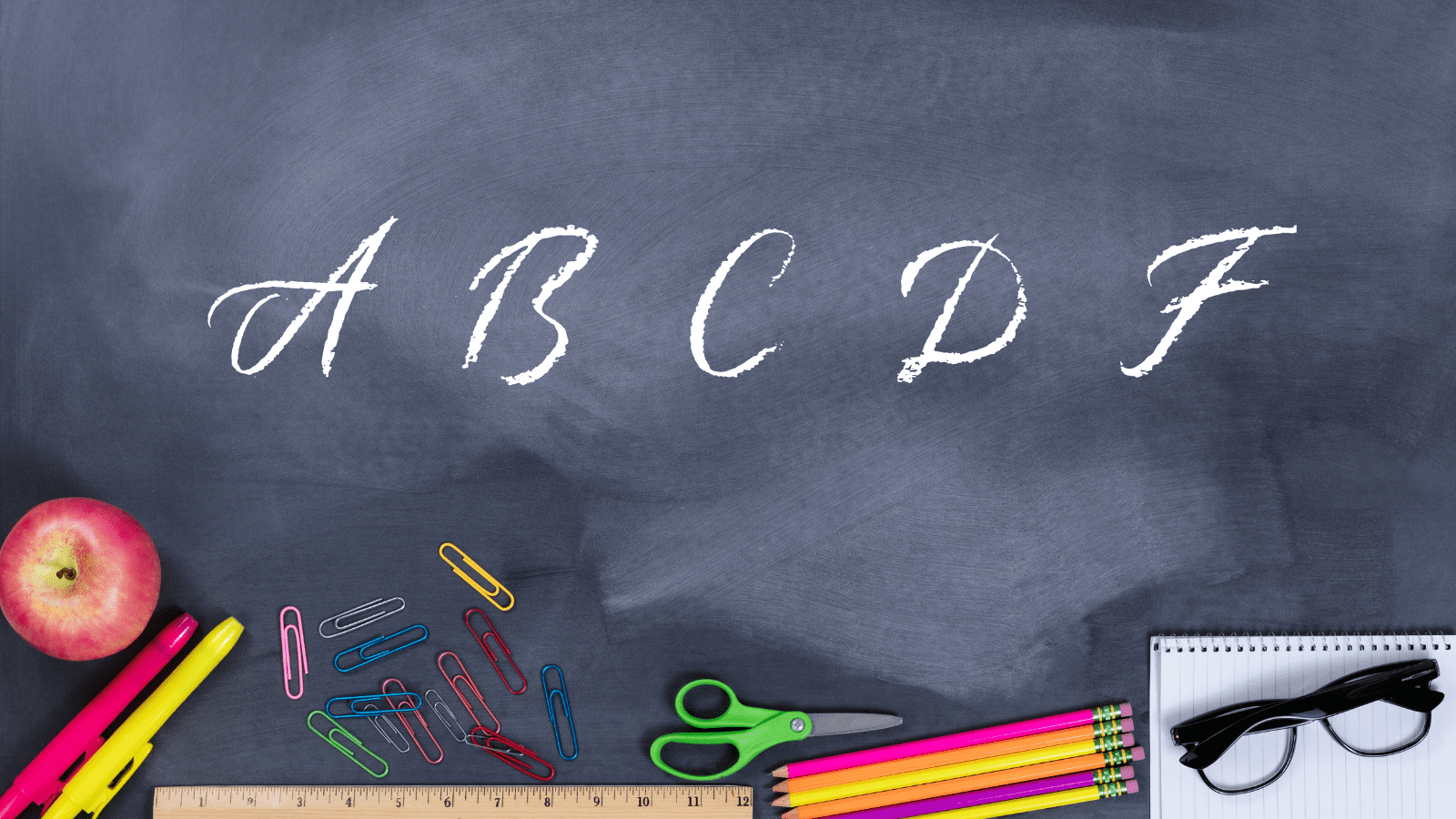
Toren Ballard
Anyone familiar with the legislative process understands how a narrow, limited, and even well-intentioned idea can spawn unintended consequences and morph into insidious governmental overreach.
Apparently, proponents of House Bill 1315 – a bill that would implement a de facto statewide book ban under the guise of blocking access to pornography – believe that state government is an entity better equipped than parents, teachers, or librarians to make these delicate decisions. Proponents of Senate Bill 2346 go one step further and evidently believe state lawmakers in Jackson should regulate what adults are reading as well.
Anyone familiar with the legislative process understands how a narrow, limited, and even well-intentioned idea can spawn unintended consequences and morph into insidious governmental overreach. The process through which HB 1315 and SB 2346 have progressed through the state capitol serves an excellent case study of this phenomenon and exemplifies the very reasons state government has no business inserting itself into the shelves of school libraries to begin with.
Initially, each bill was introduced as an effort to prevent minors from being exposed to pornography on the internet—surely something we can all agree on as a worthy, non-controversial endeavor. But even at this early stage, draft language in each bill began to exceed their intended mandates. To start, rather than targeting pornography specifically, each bill sought to regulate access to websites containing “material harmful to minors,” a nebulous definition that would soon become far more expansive than anything resembling the Supreme Court’s three-pronged “Miller test” for labeling speech or expression as obscene.
The mechanism for restricting access to “material harmful to minors” – requiring websites to verify the age of users with “digitized” or government-issued identification – was (and is) likely to raise privacy concerns, but the specter of big government really began to rear its ugly head as state lawmakers made the leap from regulating certain websites to regulating every library book in Mississippi.
During the committee process, citing instances of young children using online school resources to access inappropriate content (according to Senator Angela Hill, examples include children as young as pre-K accessing books on sadomasochism and “implementing LGBTQ training for teen pregnancy”), lawmakers inserted language into each bill to restrict public schools and public libraries from offering “digital or online resources or databases” unless the entity providing the resources were to block any “material harmful to minors,” as defined in the bill. Lawmakers also expanded the definition of “material harmful to minors” to include material that is “sexually oriented”—an existing statutory definition so broad that any mention of procreation likely falls under its purview.
Let’s be clear about the implications of this language: regulating the ability of public schools and public libraries to offer “digital or online resources or databases” amounts to a statewide digital book ban that would likely extend even to physical books, as card catalogs are now often digitized. The expansive definition of “material harmful to minors” would apply this book ban to wide swaths of classic and contemporary literature that include mention of sexual intercourse, from Shakespeare to George Orwell’s 1984 to perhaps even the Bible.
In addition to these sweeping restrictions, neither bill discerns between what is appropriate for kindergarteners and what is appropriate for high school seniors—the book ban is one-size-fits-all. SB 2346 goes one step further and fails to even distinguish between children and adults: as written, the restrictions would apply to the entirety of a public library’s collection, regardless of a reader’s age.
We should all hope that the indiscriminate nature of these restrictions was made in error, perhaps the result of a rushed deliberative process during a busy legislative session. Surely lawmakers do not want to ban the Bible. We should also hope that, should this legislation be signed into law, those tasked with enforcing these restrictions would apply a more reasonable interpretation than the draconian language seems to imply.
But when considering the prospect of a statewide book ban, Mississippians should not be consigned to simply hoping for benevolent enforcement. In fact, I would argue that this very process – in which an effort to prevent minors from accessing pornography was elevated into a statewide book ban, even for adults – should disqualify our state government from any claim that they are better equipped than parents, teachers, and librarians to decide what children should or should not be reading.
We should be careful not to dismiss the concerns of parents. If children are consuming content that their parents deem inappropriate – pornography or otherwise – the response should not be a laissez-faire approach to managing our public schools and libraries. But if the legislative process for HB 1315 and SB 2346 has taught us anything, it is that, in line with the uniquely American approach to education, these matters are best handled at the local level in communities across Mississippi – not at the state capitol in Jackson.










